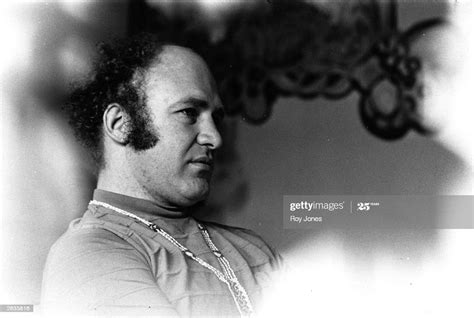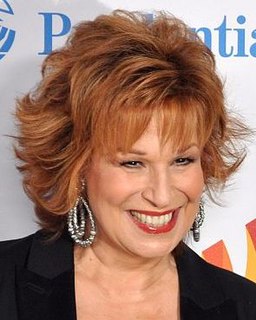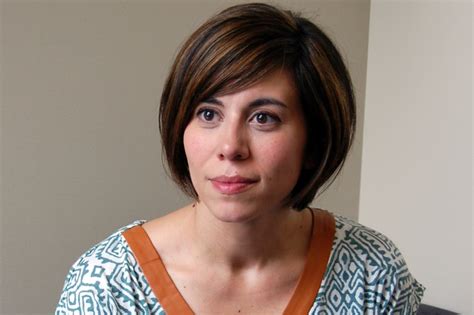A Quote by Roy Kesey
You know how some people say that they can only read one story a day from this or that collection? If that's simply the result of the great tension and power condensed into each piece, all well and good.
Related Quotes
As far as people communicating with each other well I think that listening is important. You know really trying to read between the lines of what some body is saying and trying to read their mind a little bit where there at because most people don't really say what they're feeling. Which is the bones of great literature.
The best way is to read it all every day from the start, correcting as you go along, then go on from where you stopped the day before. When it gets so long that you can't do this every day read back two or three chapters each day; then each week read it all from the start. That's how you make it all of one piece.
It's hard to tell if anyone's interested in reading a serialized story. But it's interesting to put in a cliffhanger each week. That was popular in old comic strips. They'd write a weekend story different from the daily strip. So people follow one story day to day, and a separate story on weekends. If you read them, you think "I'll read two more." Then you're like "I gotta find out!" And you read 500 more.
It thought about the magic that happens when you tell a story right, and everybody who hears it not only loves the story, but they love you a little bit, too, for telling it so well. Like I love Ms. Washington, in spite of myself, the first time I heard her. When you hear somebody read a story well, you can't help but think there's some good inside them, even if you don't know them.
I get up in front of a bunch of kids and say 'Hey, I'm gonna tell you a new story. Who wants to be in a new story?' Well some kid always sticks up their hand and that gives me a name, but it doesn't give me a story. I just say whatever comes to my mind and usually it's not that good. Every once in a while, however, I say something that turns into a really good story.
Many people say, "Well, I'd love to make a decision like that, but I'm not sure how I could change my life." They're paralyzed by the fear that they don't know exactly how to turn their dreams into reality. And as a result, they never make the decisions that could make their lives into the masterpieces they deserve to be. I'm here to tell you that it's not important initially to know how you're going to create a result. What's important is to decide you will find a way, no matter what.
And I learned what is obvious to a child. That life is simply a collection of little lives, each lived one day at a time. That each day should be spent finding beauty in flowers and poetry and talking to animals. That a day spent with dreaming and sunsets and refreshing breezes cannot be bettered. But most of all, I learned that life is about sitting on benches next to ancient creeks with my hand on her knee and sometimes, on good days, for falling in love.
As a historically voracious reader - pre-baby, I averaged a book every week or two, and when I was a kid, I'd routinely read a book a day - I never understood how some people could not read. When I heard people say they didn't have time to read, in my head, I simultaneously pitied and ridiculed them: there was always time to read.
When you write something you know, you're making a story that will work, whether or not there's bits taken. It's always funny to me when people say, 'Well, it's clearly autobiographical,' and I say, 'Well, how do you know my autobiography?' Certainly, there are things that are connected, but I just think it's a very interesting assumption.
I don't think we need a critic to negotiate with the audience. People say, "Who are you writing for?" I'm writing for myself but my audience is anybody who knows how to read. I think a story should engage anybody who knows how to read. And I hope that my stories do, maybe on a different level for more sophisticated readers than, say, a high school kid, but still a story has got to grab you. That's why we read it.



































